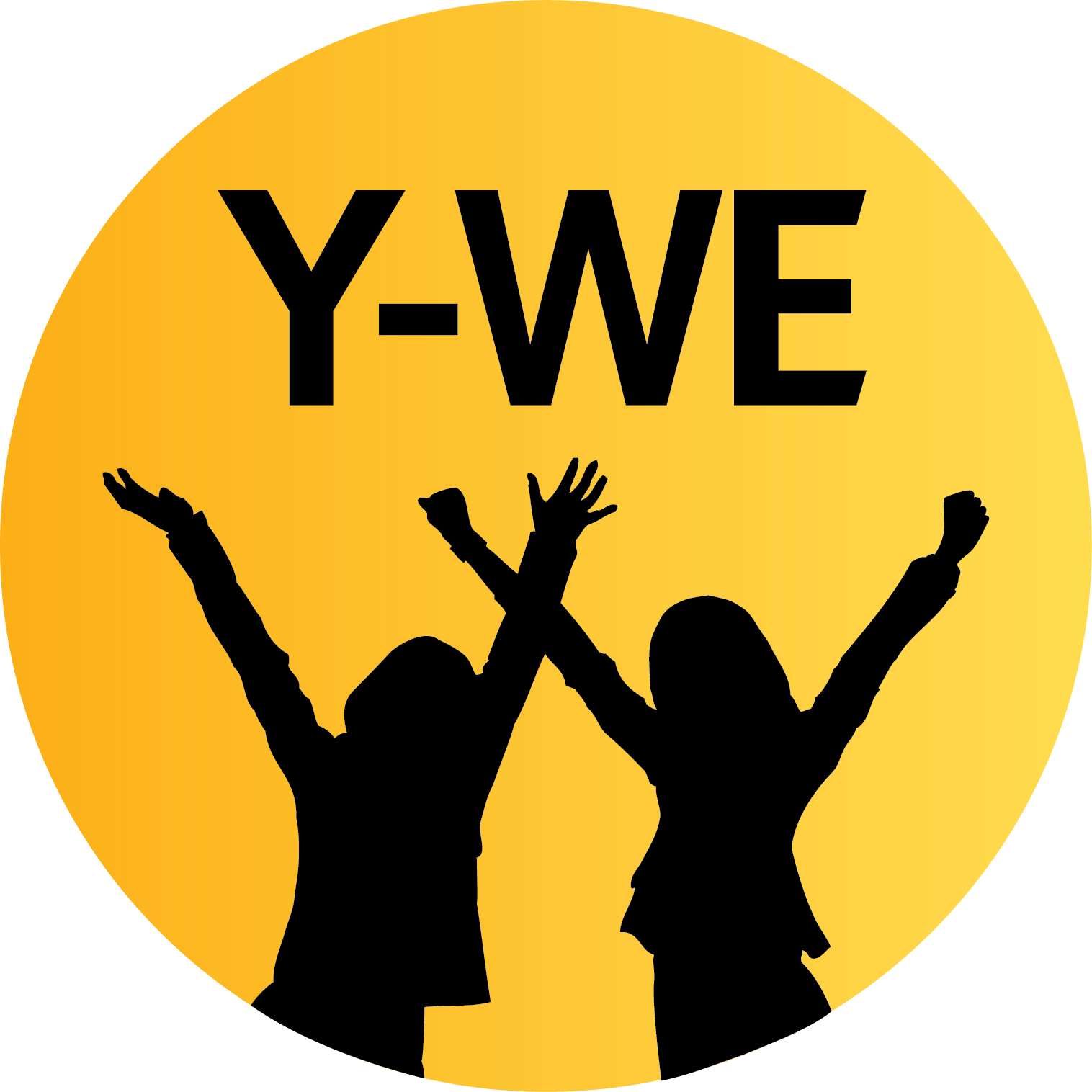February is Teen Dating Violence Awareness Month. Our Community Wellness & Mental Health Specialist, Shaena, put together this post of information and resources. If you have any questions or would like to connect with Shaena (parents or teens connected to Y-WE programs), you can reach out to shaena@y-we.org.
What is TDV Awareness Month?
Teen Dating Violence Awareness Month is an annual, national effort to bring light to intimate partner violence (IPV) among young people. It is designed to create intentional space to uplift young survivors and their stories, to learn more about dynamics of abuse, the elements of healthy relationships and to encourage folks to talk about it with the people they love.
What is TDV?
Teen Dating Violence is an intentional pattern of behaviors that a person uses to exercise power and control over a dating partner. While popular culture often only depicts violence as a physical thing, abuse is so much more than that. TDV can also include emotional, verbal, psychological, digital, sexual and financial abuse.
Who does TDV happen to?
It can really happen to anyone and has an impact that ripples through our communities. While TDV happens to people of all genders, systemic marginalization puts BIPOC & LGBTQ young folks at greater risk for multiple forms of violence, including dating violence. Abuse does not occur in a vacuum – it’s important to understand the many ways violence is normalized/reinforced through our institutions, homes and within ourselves.
How common is TDV?
Dating violence is one of the most underreported forms of harm in the country; we can assume the below stats are underestimated:
- 1 in 3 teens will experience physical, emotional or sexual abuse by something they are dating before becoming adults
- 43% of college aged women report experiencing abusive dating behaviors
- 29% of heterosexual and 43% of LGBT youth experience physical dating violence
- For trans youth, 89% report experiencing physical dating violence and 61% having been sexually coerced.
- 1 in 10 teen survivors will report the abuse and this proportion, while it is not well documented, is much smaller for Black & Indigenous youth.
Sources:
https://www.loveisrespect.org/wp-content/uploads/media/sites/3/2022/01/2022-TDVAM-Action-Guide_R02.pdf
https://www.urban.org/urban-wire/addressing-dating-violence-young-girls-color-metoo-era
What can I do?
Most of the time, we know survivors talk to their friends & family first before ever going to their schools or a hotline and waaayy before considering law enforcement (if at all). When we treat a survivor with dignity & respect, we create a pathway of safety for that person to share about what’s been going on with them.
For adults:
- Talk to the young folks in your life about consent, boundaries and healthy relationships. Model these dynamics in your relationships.
- Check in & be curious, not judgmental.
- Honor young relationships. Often, adults will write off teen relationships as ‘puppy love.’ When we take young relationships seriously, you let them know you’ll take harm within those relationships seriously.
- Come up with a safety plan for “just in case” scenarios. These can include a code word, a meeting place or other agreements that help communicate with each other in the event of a crisis.
For young people:
- Check in with your pals & trust your gut!
- Identify trusted adults
- Talk about relationship green (yes), yellow (maybe), and red (no) flags. Is it ever ok for a partner to have your phone password? Is jealousy a healthy thing? Do you prioritize your “me time”? How do you know if you’re being love-bombed?
- Get familiar with anti-violence organizations in your area & look into workshops.
Prompts for reflection or discussion
What makes a healthy relationship?
How do you define consent?
What are boundaries and why are they important?
What are some relationship red flags?
What are some relationship green flags?
Resources
It Takes a Village People – LGBT Advocacy Tool
BATJC Podmapping Tool
Creative Interventions Toolkit
NW Network for LGBT Survivors – youth program available
Lifewire TDV Resources
Young Women Empowered (Y-WE) cultivates the power of diverse young women* to be creative leaders and courageous changemakers, through transformative programs within a collaborative community of belonging. Join our community by making a donation to support our work with youth today.
